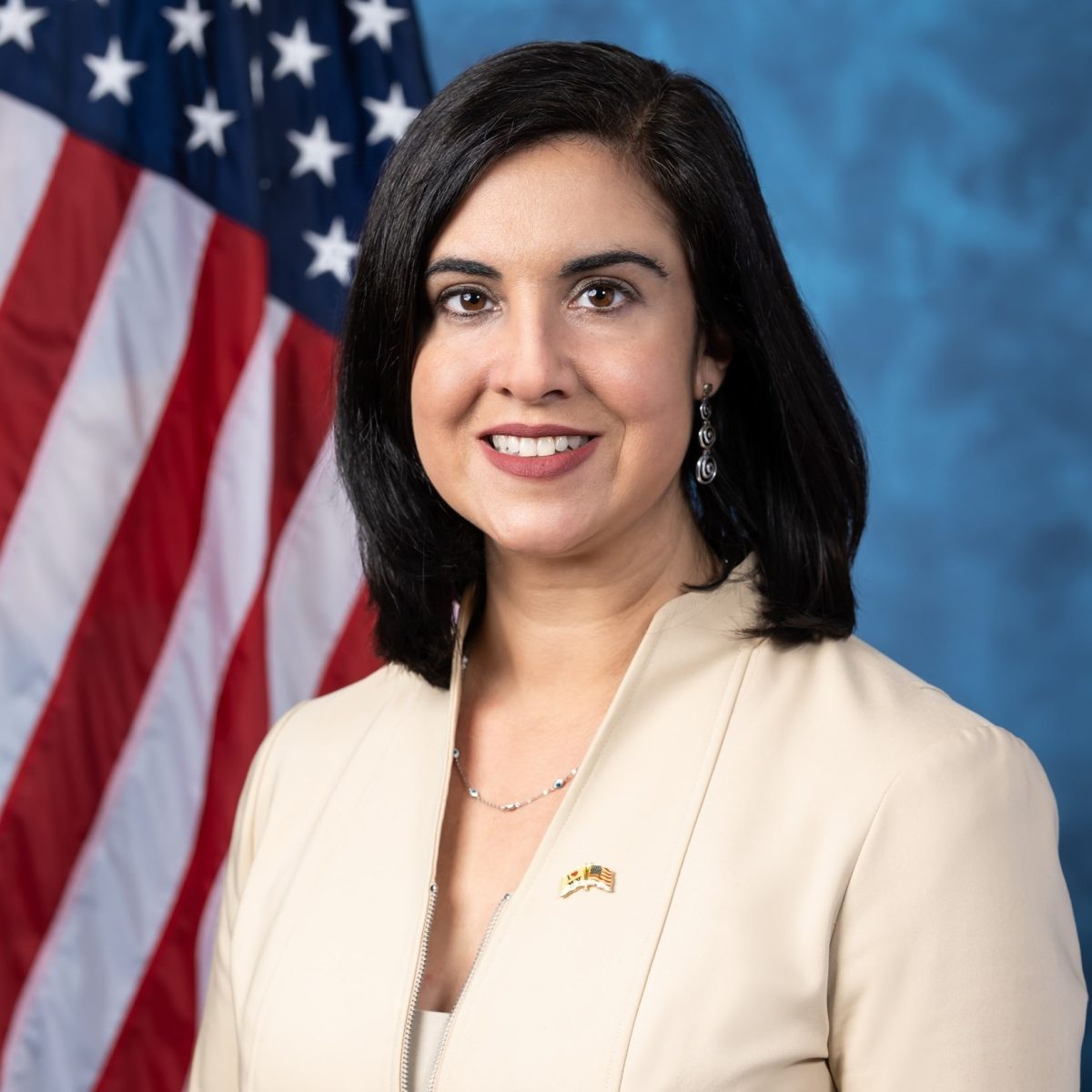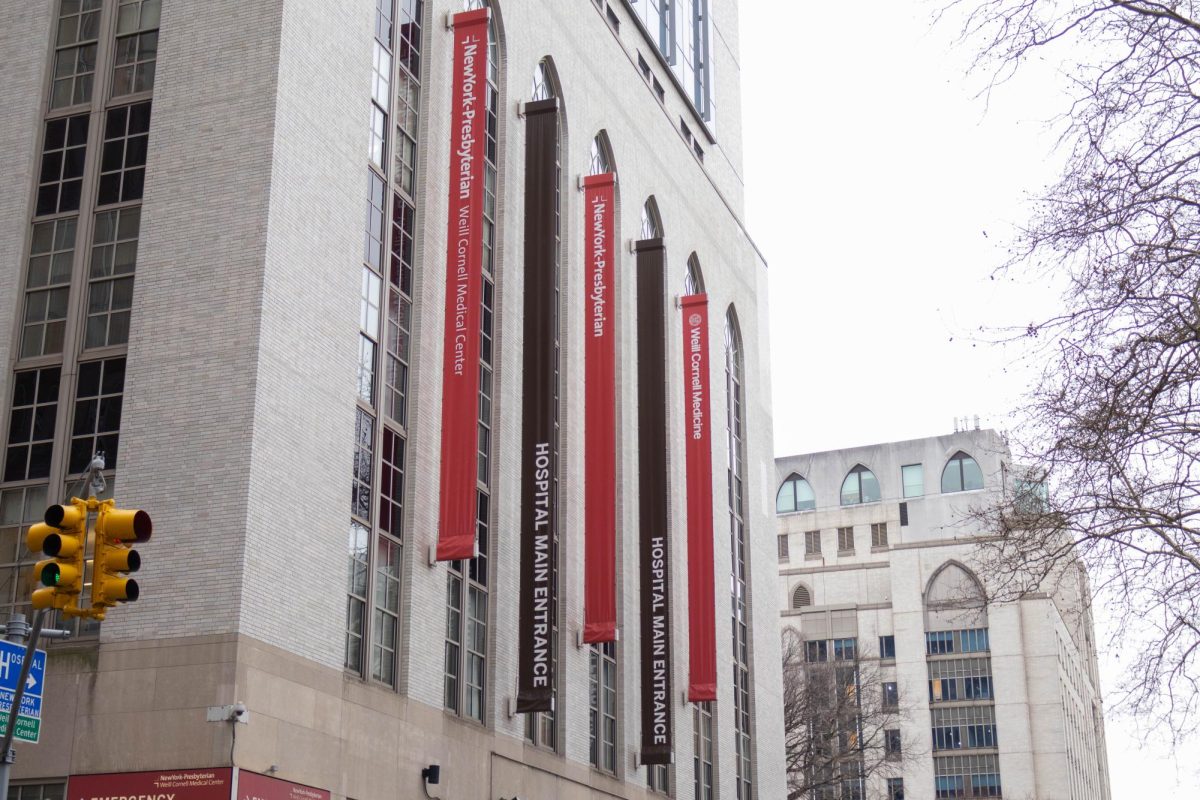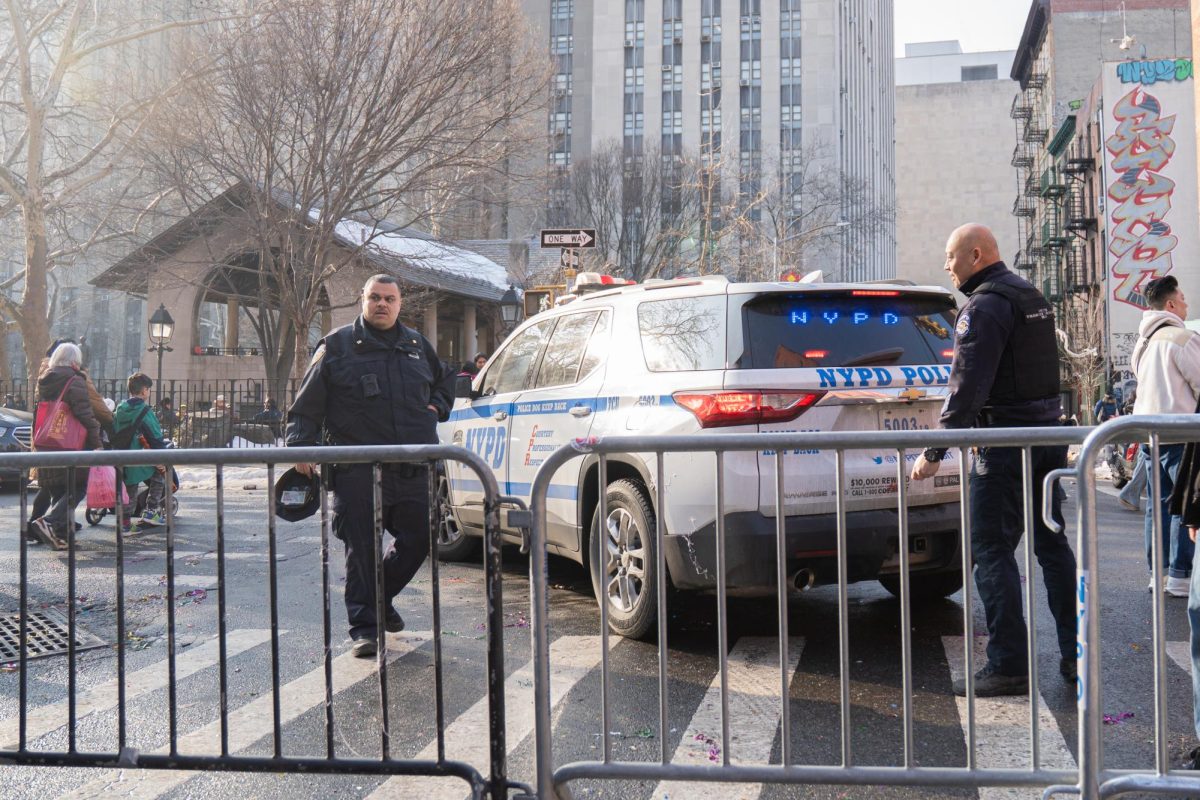Baruch College’s Undergraduate Student Government held elections to fill two vacant representative senator seats on Sept. 24. The election attracted a huge turnout of 26 possible candidates, the largest in recent years. Vacancies were left by Noah Epstein and Veronica Solis for personal reasons.
The election, which was previously set for Sept. 17, had to be moved due to the express elevators being offline in the Newman Vertical Campus, which caused class and club activity cancellations, including the senate meeting.
Of the original 26 candidates, only 16 attended the election, which happened during USG’s regular Tuesday senate meeting.The selection process encompassed most of the meeting due to the large number of applicants. Each candidate was given 30 seconds to give their elevator pitch, showing what they can bring to the senate table.
Afterward, each candidate had to answer two questions created by the table. The first of which was, “As you know representative senators represent 1,000 undergraduate students, among these students there are many niches that exist. What different groups of students do you hope to represent and advocate for in your role?” The second question was, “What do you think USG can do better or different?”
After each question, candidates were given one minute to develop their answers. Once this portion of the process finished, USG carried out the rest of the meeting and entered into executive session to decide who would fill the two positions. The process was long, taking well over two hours for a decision to be reached.
Members of USG were looking for a “holistic” person, according to Executive Vice President Joshua Castillo. “We figure out people’s strengths and how it will work with the rest of the table,” Castillo went on to say.
Through a process of elimination, candidates were narrowed down until two were selected.
The most important thing was “the fit of the person with our team,” according to Chair of Finance Aaron D’Souza. “We want to make sure before anything that they fit well with us, because that will make it easier for them to be productive and easier for us to communicate and help them,” D’Souza continued.
Keeping these thoughts in mind for the candidates, the table was able to find the two people they felt were right for the job. After the long process ended, Eileen Barros and Emmanuel Clemment were chosen as the new representative senators.
Barros believes her success came from activism in wanting “to fulfill a promise [she] made to [herself] to help marginalized communities.”
She continued, “I was personally affected by the immigration policies in the U.S., but was able to navigate through the hardships.”
Clemment was a part of Imagine Baruch, one of the parties that ran in last year’s election. He had won a seat in the first election, but due to ineligible voters, there was a re-election, which he lost.
Clemment attributes his success to his ability to work with the team. Even though it was not his first USG team, he is fully prepared to work with the table and understands that no matter what, members are working toward the same goals.
“I am looking forward to working with them,” he said. “They have an energy that resonates with me, they’re excited about what they do.”








